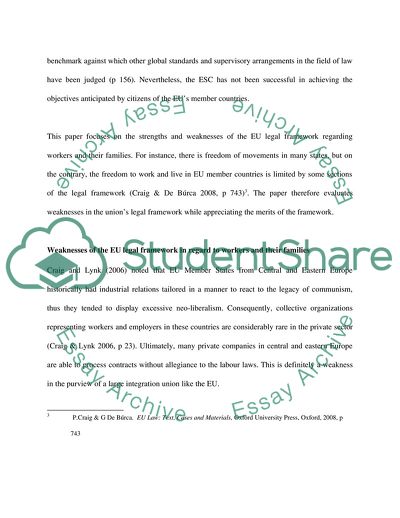Cite this document
(European Union Labour Laws Coursework Example | Topics and Well Written Essays - 2750 words - 1, n.d.)
European Union Labour Laws Coursework Example | Topics and Well Written Essays - 2750 words - 1. https://studentshare.org/law/1717825-european-union-law
European Union Labour Laws Coursework Example | Topics and Well Written Essays - 2750 words - 1. https://studentshare.org/law/1717825-european-union-law
(European Union Labour Laws Coursework Example | Topics and Well Written Essays - 2750 Words - 1)
European Union Labour Laws Coursework Example | Topics and Well Written Essays - 2750 Words - 1. https://studentshare.org/law/1717825-european-union-law.
European Union Labour Laws Coursework Example | Topics and Well Written Essays - 2750 Words - 1. https://studentshare.org/law/1717825-european-union-law.
“European Union Labour Laws Coursework Example | Topics and Well Written Essays - 2750 Words - 1”. https://studentshare.org/law/1717825-european-union-law.


